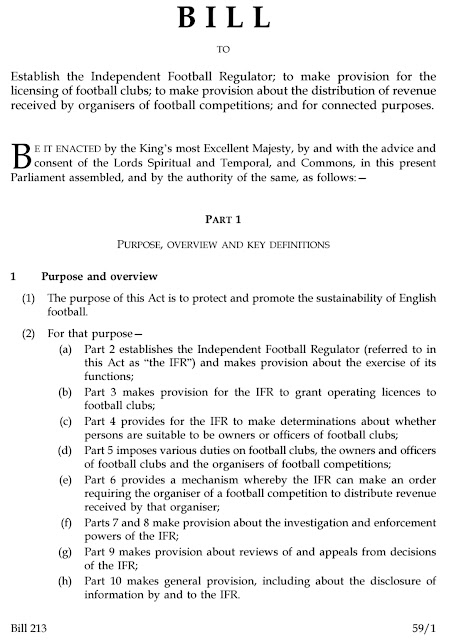The proposed youth mobility scheme (which the Government calls a Youth Experience Scheme) between the UK and the EU excites the Brexiteers into a frenzy. "Free movement via the back door" and the like.
Let's study a bit of context here. Do you know how many countries that the UK has youth mobility agreements with already? It's 13, ranging from Australia where the annual quota is 40,000 to Andorra, where it's 100. (Surely Andorra is part of the EU? Apparently not; maybe they had an Andoxit). I imagine you might guess Canada and New Zealand as Commonwealth partners in such schemes but Uruguay? Where has that come from?
You'd have imagined that these deals would have been concluded by previous Labour governments. Not so, the Australia deal was negotiated by Prime Minister Boris Johnson, as part of the rush to get credit for post-Brexit trade deals. As were those with New Zealand, Japan and many others, mostly I think as rollovers from previous EU deals with those countries. So none of this is new.
The details in these schemes show that they are typically for 18 to 35 year olds and limited to two years, although the Australia, New Zealand and Canada deals from January 2024 (Conservative government) allowed an extension of the two year visa by a further year. There is a requirement to have £2,350 in savings, pay a £776 healthcare surcharge - which I suppose entitles you to use the NHS - and an application fee of £319. So it's not cheap. You are entitled to work (and therefore pay taxes), be self-employed and set up a company (although not with employees) and study but not to bring family members or claim any public funds (benefits). The schemes are always reciprocal so the details are similar in other countries; in Australia it's called a Working Holiday Maker programme.
Because the length of stay is greater than one year, the incoming "youths" (can you really call a 35 year old a youth?) are included in the migration figures of the inbound country. Theoretically the impact on net migration is zero, provided numbers are in balance. Are they typically in balance? I asked ChatGPT for some data for 2023.
In 2023, approximately 23,000 individuals entered the United Kingdom under the Youth Mobility Scheme. The majority of these participants originated in Australia (9,900) and New Zealand (5,300). Regarding outbound participation, precise figures for UK citizens taking part in reciprocal youth mobility schemes abroad are not readily available. However, estimates suggest that in 2023 more than 26,000 young Britons participated in Australia's Working Holiday Maker program and an additional 8,000 engaged in New Zealand's equivalent scheme. These numbers indicate that the UK experienced a new outflow of youth mobility participants during that year.
We can conclude from all of this that:
- the numbers are small
- it's at least as likely as not that reciprocity means the net impact on UK net migration is minimal
- it's not cheap to do this, with considerable sums up front for visas, savings requirements and travel costs a good few thousands of pounds/dollars
In no way does this constitute "free movement". The Brexiteers need not worry on that score. However, it's likely that the scheme for our near neighbours in the EU (population 450 million, travel relatively easy and low cost, as against Australia, population 27 million, travel high cost) will be a different beast and could easily see 100,000 Youth Experience Scheme visitors arriving every year and, although a similar number will go the other way, those people will require housing, health care and other benefits. So it may be appropriate to have concerns.
My final point is about inequality. There are good reasons to characterise these schemes in practice as middle-class, for the better educated, with financial impediments to lower-paid, unskilled workers. I asked ChatGPT "is there any evidence to suggest youth mobility schemes are mostly for the educated middle class?"
Yes, there is strong evidence suggesting that YMS are disproportionately accessed by the educated middle class...this is supported by both academic research and government data [other sources: OECD and British Council].........Youth Mobility Schemes are not equally accessible. While they are technically open to many, the financial, linguistic and cultural capital required to participate results in a clear skew towards the educated middle class
So there should be concern about that, not least politically where opposition to the schemes may come principally from political parties whose voter base has a high proportion that don't fit the requirements. The proposed scheme has not yet been fleshed out. When we know more, I'll have more to say.




